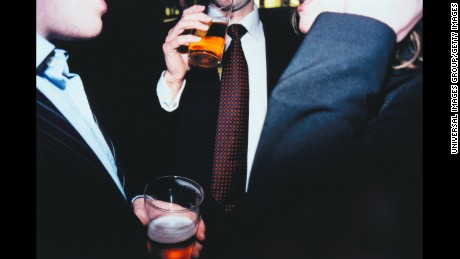
(CNN)First, the good news: The practice of law has always been, and remains, one of the most vital and respected professions in the United States or abroad. Nothing you’re about to read changes that. Attracting some of our best, brightest and most dedicated minds, the law is a calling that holds society on its shoulders, and regularly finds our troubles at its feet. From our basic civil and physical liberties, to our complex contracts and property rights, nothing about the way we live, or how our world operates, could continue on without the work of attorneys. We are, after all, a nation of laws, and lawyers will forever play an indispensable part.
Unfortunately, as we now know, the consequences of that dysfunction are damning, and it is up to the profession to take increased action to solve this problem. If not for themselves, attorneys must address this issue for the sake of the clients they serve and the public they are trusted to protect.
It is important to understand that the law is a self-regulating profession, lacking any sort of enforceable, unified oversight. Regulation that does exist occurs at the state or jurisdictional level, and approaches to dealing with substance abuse and mental health concerns vary from one state to the next.
To be clear, the profession has taken steps to address its worrisome levels of alcohol abuse and mental health problems. Some states mandate that lawyers receive continuing legal education about behavioral health issues, and some law schools and law firms have undertaken campaigns to promote health and wellness.
The bulk of responsibility for reducing alcohol abuse and mental health problems, however, has largely fallen to under-staffed, under-prioritized and worst of all, underutilized organizations known as lawyer assistance programs. Typically funded by bar membership dues, variations of these organizations exist in most states, and they tend to do great work with the tools they are given. But it is clear that those tools are not nearly big enough.
Armed with this new data the first of its kind ever gathered about lawyers on a national level the legal profession has an opportunity to right its ship. By co-sponsoring the study, the American Bar Association took a necessary and commendable step of demonstrating leadership on a difficult issue that had gone unexamined for too long.
Despite having a crucial role to play moving forward, however, bar associations are only part of the solution. As a systemic problem, a systemic response is warranted. The whole profession must resolve to tackle this issue directly, with unwavering commitment and significant financial backing.
Specifically, law schools, law firms, and lawyers themselves the “private sector” of the profession must take proactive steps and devote meaningful resources to overcoming this challenge.
Although historically reluctant to fully acknowledge the scope of the problem, let alone take adequate steps to correct it, these groups are now faced with irrefutable and inescapable facts. My hope is that they will respond with individual efforts and group initiatives that match the size of the problem. As licensed professionals, they should know that their ethics and oaths demand such a response. As businesspeople, they should know that their clients will, too.
Join us on Facebook.com/CNNOpinion.
Read CNNOpinion’s Flipboard magazine.
source http://allofbeer.com/2017/07/18/the-legal-professions-drinking-problem/
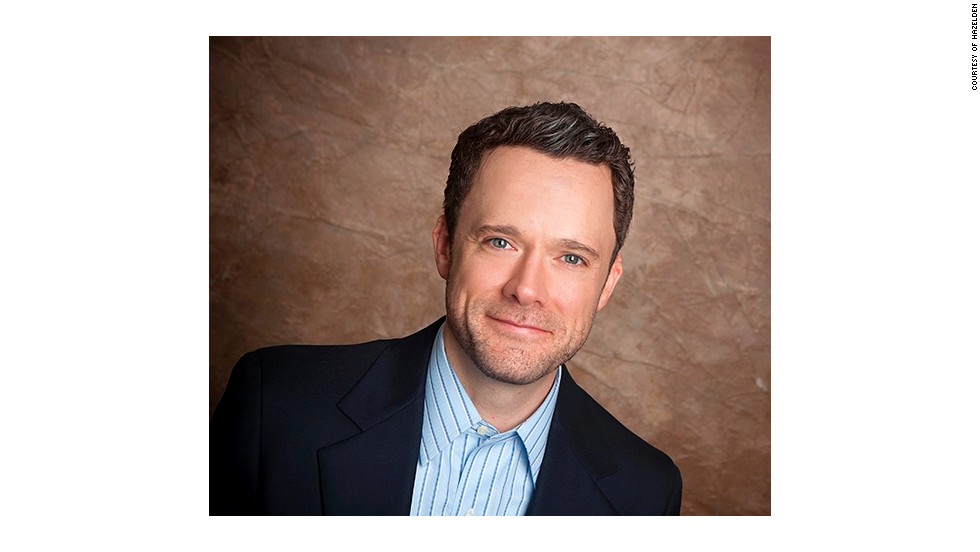
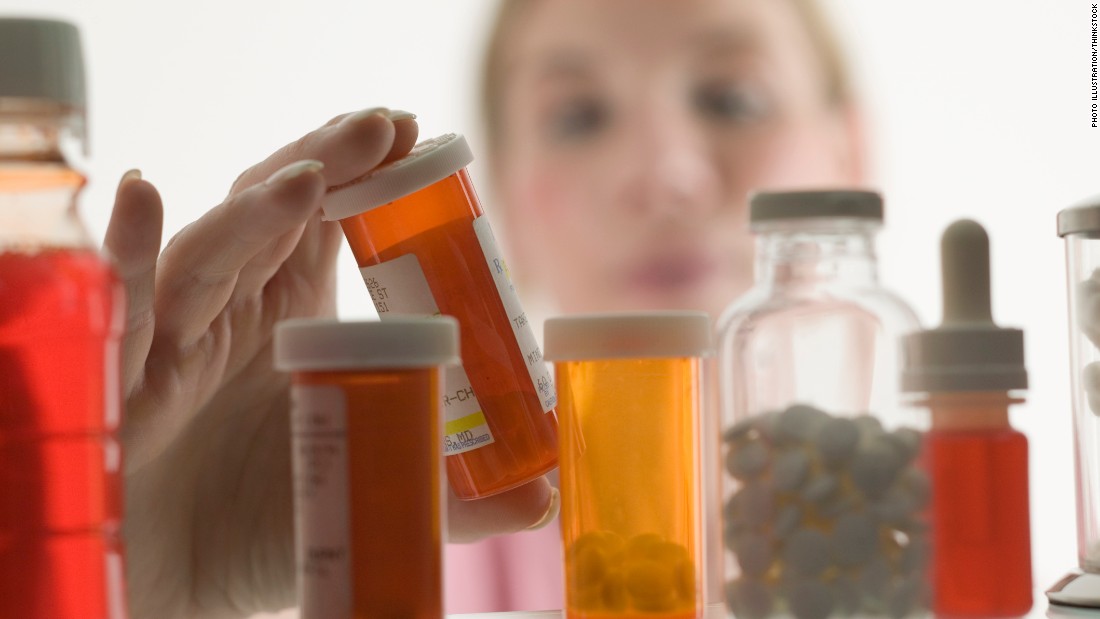
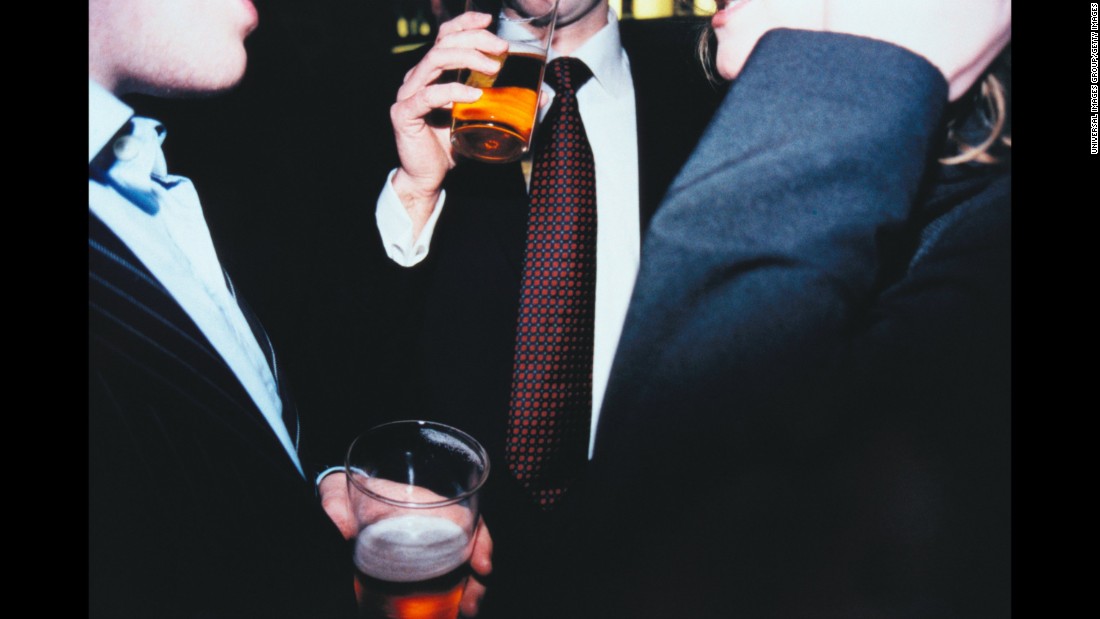
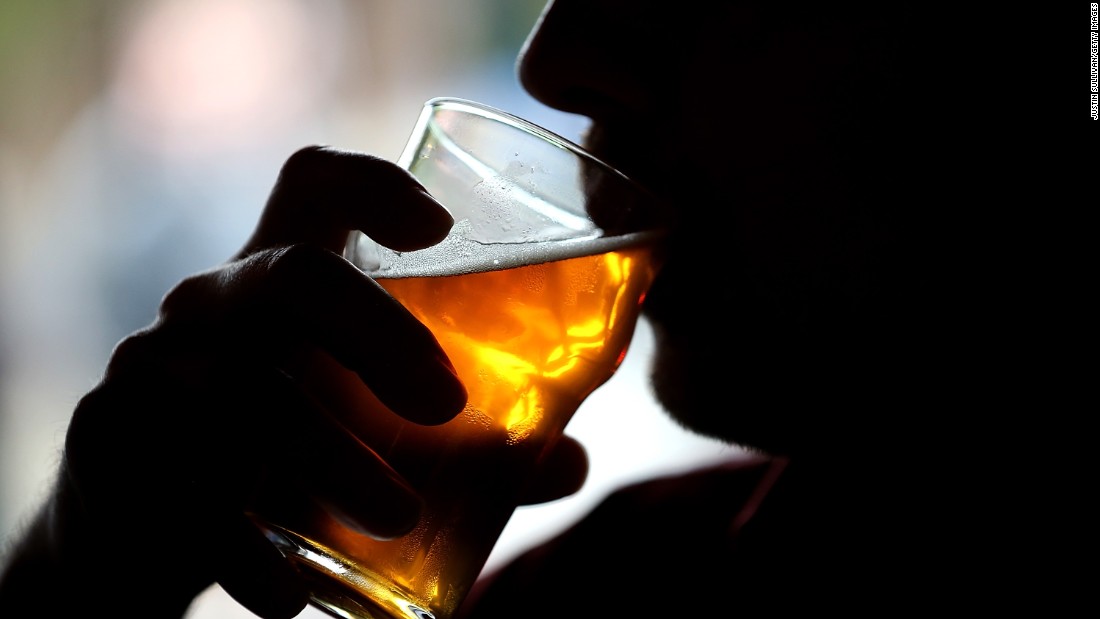
No comments:
Post a Comment